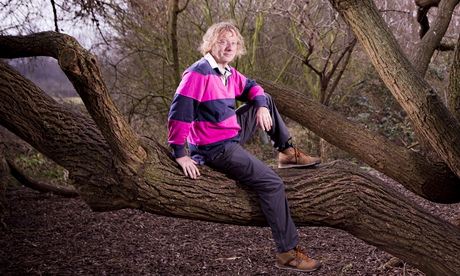
The word “Utopia” derives from the Greek words “no” and “place”. Despite this ominous sign, when the academic Dylan Evans decided to quit his job, sell his house and found a self-sufficient community in the Scottish Highlands, “Utopia” was the name he chose. Looking back, from almost a decade later, Evans sees that the project was doomed from the start: an overambitious attempt to act out the aftermath of civilisation’s collapse, populated by a mixture of namby-pamby part-timers, outright nutcases and a few genuinely hardy souls.
These include Adam, a Merlin-like hippie who talks constantly about pleasing “The Great Spirit”, breaks food rules and sings around the campfire “like a country and western singer with throat cancer”. On the plus side, he can build a really good reed-bed toilet. Despite Evans’s (sometimes shockingly) damning descriptions of him, it’s Adam he ends up with most respect for, owing to his stubborn commitment to an alternative lifestyle.
Evans himself soon abandons most of the beliefs that led him to the experiment, realises he’s no rugged survivalist, ends up in a psychiatric ward and finds a new, more nuanced respect for the intricate threads that make up civilisation. You can feel his desperation in his descriptions of a first attempt to kill a pig, grim Highland weather and scrabbling around in the dark in a claustrophobic yurt, and there’s lots of insight into why idealists are more likely than anyone to fail at finding a primitive lifestyle ideal. Written in a prose style that could be described as “accessible scientific”, The Utopia Experiment should probably be a mandatory handbook for any slightly nesh person fantasising about living off-grid.
The Utopia Experiment is published by Picador, £14.99. Click here to buy it for £11.99

